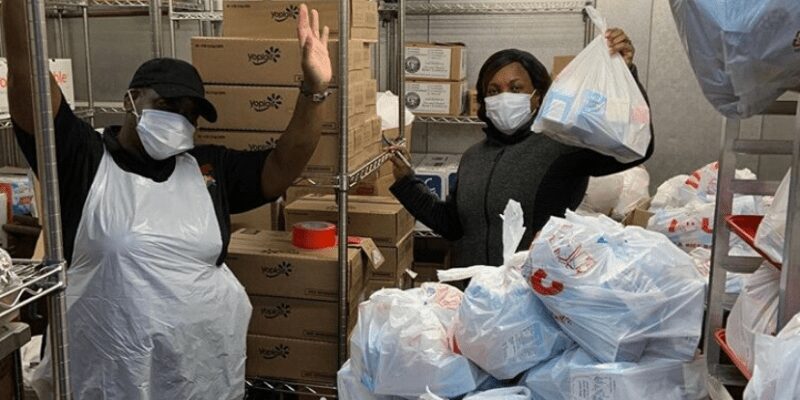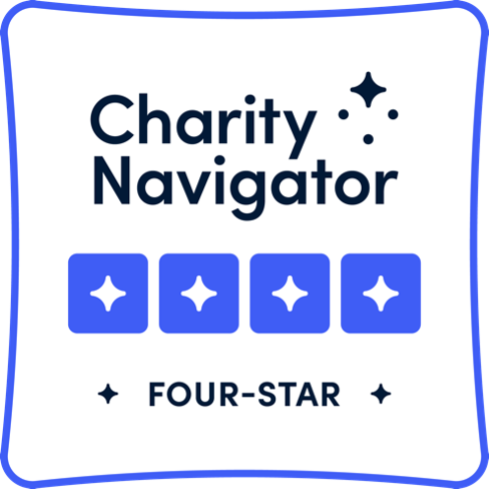Think of a child in the Fulton County School System. He’s in fourth grade, in a few years, he’ll be in middle school and before you know it, he’ll be walking across the stage with diploma in hand.
This little boy’s life hasn’t always been the easiest — his mother had difficulty keeping a full-time job until she started driving for Uber. They’ve both been living in motel rooms and temporary housing this year. Life is a struggle, but there’s enough to live on for now. Things are OK, and at least one thing has been a constant for this little boy through it all.
Each morning, he wakes up and goes to school. He may not have the same access to resources as his classmates or other children living in neighboring zip codes, but he gets the same opportunity for a quality education. This is his normal, the life he’s come to expect.
Life changed for this child on March 9, though, when it was announced a teacher in the Fulton County School System had confirmed they were infected with COVID-19. In the coming days, school systems were ordered to be closed by Georgia Gov. Brian Kemp, shelter-in-place orders were enforced by state and local officials and children across the state were forced to stay at home.
But that created a whole new set of problems. It has been hard to get in touch with families, not all children had access to computers or the internet, parents lost jobs or had hours cut back tremendously, access to groceries, transportation and housing needs were pushed to the forefront—there were mental health issues to address, as well.
“We’ve always had these needs,” says Chelsea Montgomery, executive director of Counseling, Psychological and Social Work Services for Fulton County Schools. “COVID urgently increased our need for basic resources, and money would be critical. It’s expensive to get families in hotels.”
“We did a good job of making school meals accessible, but transportation was a challenge. Now we’re starting to see a lot more need for housing and support for COVID-related trauma.”
There are currently more than 1,300 students in the Fulton County School System who are homeless, Montgomery says. Those students and their families are spread throughout the county and are not just limited to one region.
While issues like these have always been apparent in Fulton County, the pandemic outbreak of the novel coronavirus and the forced shutdown of many businesses across Greater Atlanta have only exacerbated these problems. As of May 11, the infectious disease, COVID-19, which is a respiratory illness with symptoms such as cough, fever and in severe cases, difficulty breathing, has infected more than 1.3 million and killed more than 78,000 people across the United States.
As schools shut down, Montgomery says her team of social workers began hearing from homeless children, foster families and other at-risk children of their specific needs. She said there wasn’t yet a way to fulfill them. They had to act quickly.
“The school Social Workers are in constant contact with families, and so are all of our Student Support Staff,” Montgomery says. “They have been checking in with families each week, and as those needs come up, the [School Social Workers] complete a request form, we have our internal reviewers take a look at those requests and we meet them.”
Montgomery was able to turn to Graham Huff with the Fulton Education Foundation to help provide funds and access for these families that needed it.
The Fulton Education Foundation was established to partner with the community to address the physical, emotional, academic and enrichment needs of all students. They have provided College and Career services, after-school programs, mental health services, early education opportunities and scholarships.
But this pandemic presented new challenges. Huff knew the need in Fulton County was great, and he leveraged previous relationships with contacts at United Way of Greater Atlanta and Community Foundation for Greater Atlanta to apply for money through the Greater Atlanta COVID-19 Response and Recovery Fund.
The Fulton Education Foundation was awarded grants totaling $300,000 to contribute to the costs of housing, food, transportation and therapy for students presenting the greatest needs.
“We’ve placed 36 families so far, and we’ve helped them with some rent coverage,” Huff said May 11. “We’re also helping them with hygiene supplies and mental health services. We’ve put together a great committee, and we’re doing a great job for accountability.”
Huff, who has been the President and CEO of the Fulton Education Foundation for just “over a year,” said the foundation has looked at this as a “bottom-up approach,” working to provide homeless families a place to stay first, and then pre-loaded gift cards that can be used to purchase grocery items or to pay for transportation.
This was the first funding Huff had received from both United Way and Community Foundation, he says.
“We’ve really tried to implement best practices and set the standards for this type of support system,” Huff says. “We’ve been able to put more toward support of students this year than the previous 10 years combined — we’ve received large gifts even beyond this COVID-19 grant.”
Montgomery says her school system was “bombarded” with families in need once this pandemic struck.
“We were preparing, but it happened really quickly,” she says. “We didn’t have good, safe, quick solutions.
“But Graham came and said, ‘What are your challenges?’ I got with our lead team and said, ‘This is what we need.’”
These funds provided by United Way and Community Foundation gave Montgomery, her team and families in Fulton County one vitally important thing: hope.
That’s been invaluable during this time.
“It’s really nice for my staff to know that when we talk to these families, we have a solution,” Montgomery says. “Not only is it amazing for our families, but our morale has been better. It’s incredible to know there’s not a lot of red tape or rules and that we can just provide help, and fast. It’s exactly what our families needed.”
If you would like to help more children and families across Georgia, give to United Way of Greater Atlanta and Community Foundation for Greater Atlanta’s COVID-19 Response and Recovery Fund.





